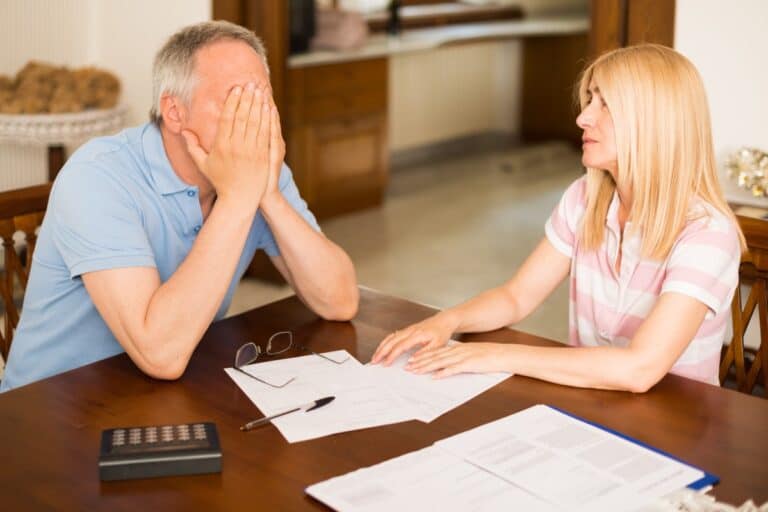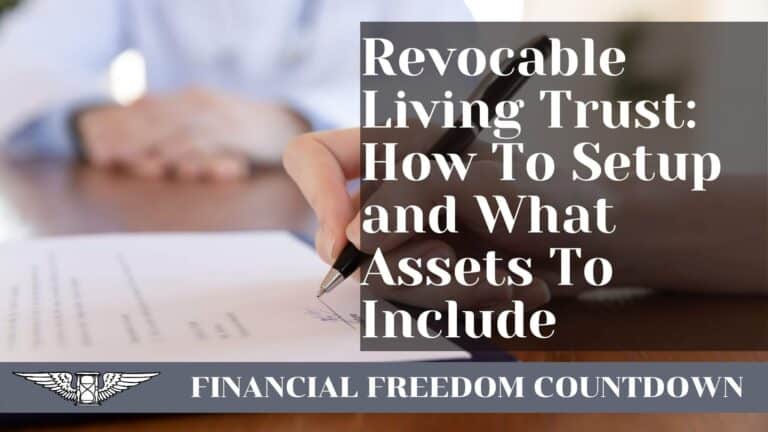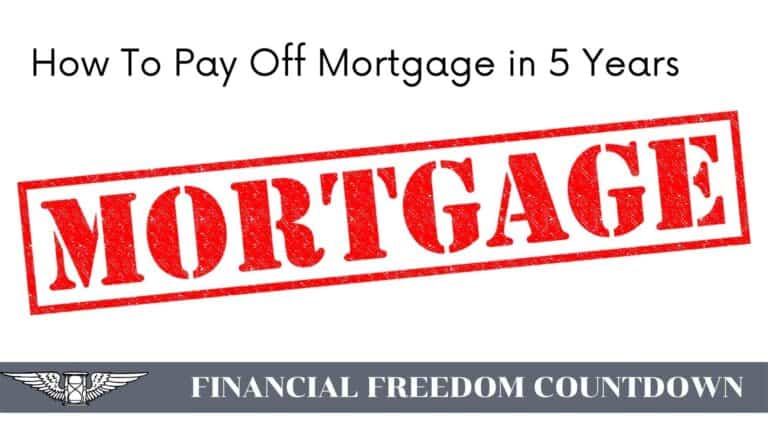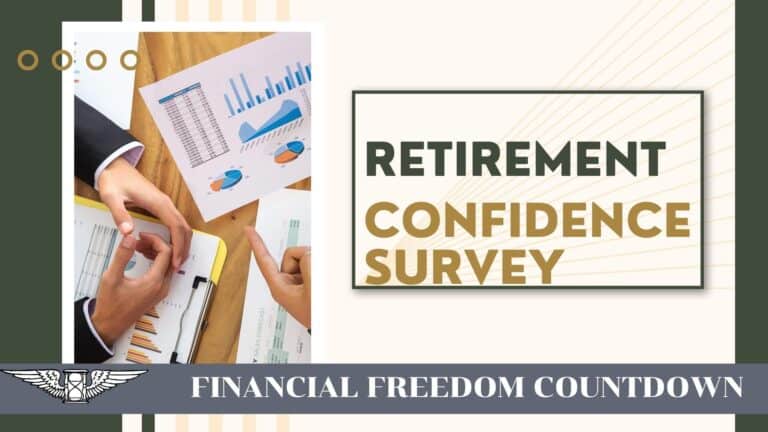Starter Home: What Is It and How Can You Afford One?
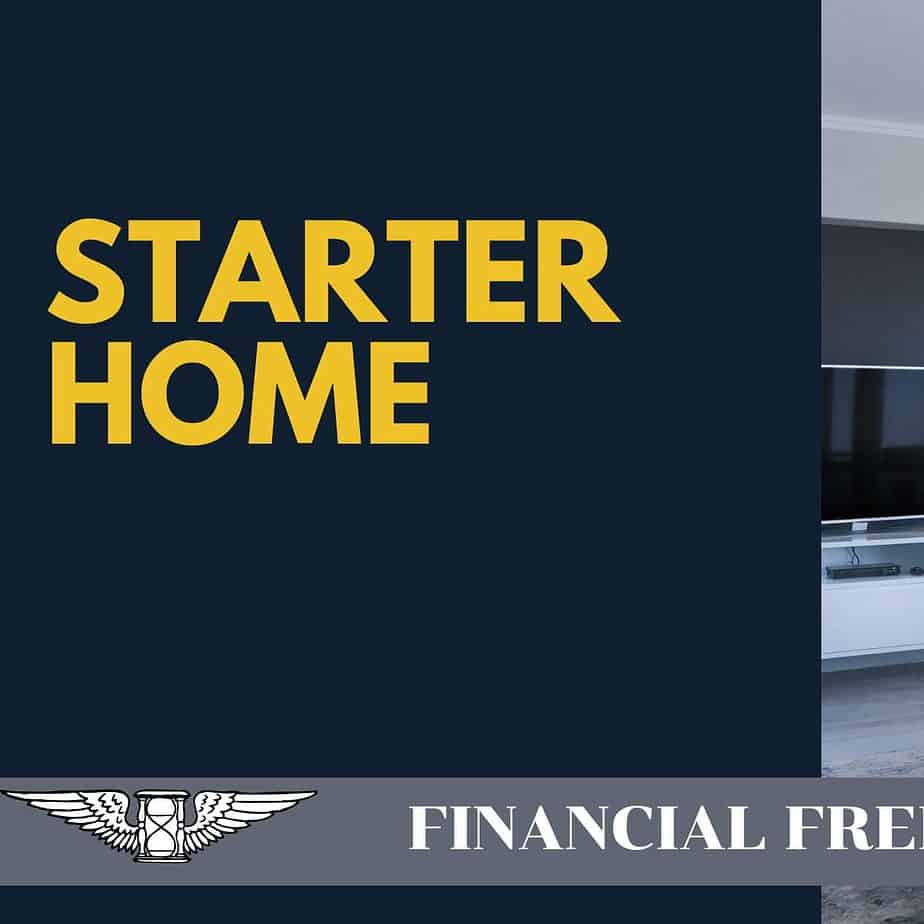
Nothing provides someone with more thrill than making their first home purchase. Buying a home is often viewed as a sign that someone has entered adulthood and is ready to begin their financial future.
Someone’s first home is often referred to as a starter home – also known as an entry-level home. There is no question that this starter home is often viewed differently than buying a “forever home.” First-time buyers must make various determinations before buying their starter home. Fortunately, many resources can help someone buy their starter home and become a homeowner.
What Is a Starter Home?
Everyone has a different definition of a starter home, although some things can safely be agreed upon, regardless of the description.
- It is the first home that someone buys and lives in. Starter homes are meant to be purchased by first-time homebuyers.
- Some homes are built as starter homes, but even that is somewhat variable, as one person’s starter home is someone else’s forever home.
- Starter homes are usually not lived in for someone’s entire life. A family buying a starter home usually sells the house and moves to a bigger one later.
- Starter homes represent excellent opportunities for buyers to own a home, build home equity, and experience the joy and sorrow of being a first-time buyer and homeowner.
- Ideally, these homes are in good neighborhoods, with access to good schools, local parks, and other amenities. However, given the nature of starter homes, this is only sometimes the case, as these homes may be in less desirable neighborhoods, thus explaining their affordability.
- A starter home is usually (though not always) not a new home. New homes – regardless of their size – are often more expensive. As such, starter homes are usually older, thus making their mortgage more affordable.
- Starter homes often have a significant list of repairs that are needed. It helps drive down the price and mortgage payments of a starter home but will make it more expensive and take longer for repairs. Individuals may be more interested in purchasing a fixer-upper if they have the prerequisite repair skills.
- Homeowners often put in sweat equity, and starter homes can be similar to “live-in flips,” also known in the investment community as the BRRRR method.
Home prices and down payments for starter homes are usually lower than someone would find elsewhere on the open market. This is because starter homes are meant to be purchased and enjoyed by people with more limited income streams.
Challenges of Buying a Starter Home
The past few years have seen a significant increase in the difficulty of saving for starter homes. These issues include the following:
- The immediate aftermath of remote work caused a massive spike in home prices, making homes much more expensive almost everywhere in the country. It made it harder for people interested in buying starter homes to save for a down payment and pay closing costs.
- While home prices are finally starting to decline, interest rates are rising. The increase in interest rates makes monthly payments much less affordable. As such, someone interested in buying a starter home will need to save more money.
- The United States is currently experiencing a well-documented housing shortage. It is driving up the price of houses, increasing competition for these homes, and making it harder for people to get homes.
- Many starter homes are houses that need repairs. This can be a challenge for multiple reasons. First, many people don’t have the skills necessary to make needed electrical, plumbing, or HVAC repairs. Unfortunately, a labor shortage has made it harder to get contractors out to homes to make repairs. This extends the time in which homes get repaired.
What Is a Good Size for a Starter Home?
There is no set size if you want to buy a starter home, which ultimately depends on various factors, including housing prices, what your real estate agent can find, and what you can afford. Generally, a starter home will have less space than your ideal home. You will have room to grow, but not too much. Your dream home will unquestionably be larger, but it is essential to remember that your starter home isn’t supposed to be your dream home. Instead, it is supposed to be a temporary home. And a chance to get experience as a homeowner who builds equity.
The answer to this question ultimately depends on how much house you need. A starter house will likely be small. More to the point, it will have less room everywhere. Not only will your rooms be smaller, but you’ll also have less yard, less storage space, and smaller rooms. It means you’ll have to be more cautious with how you conduct your home search and how much house you truly need.
Since homes are priced on the living space, a great idea would be to buy a smaller house and add additional room in the form of an accessory dwelling unit (ADU) on the property.
The initial lower price could help you gain a foothold in the housing market. Value-added real estate moves, such as increasing the living area, could increase the price of your starter home.
You could even rent out the ADU, turning your home into an income-generating asset. The ADU investment generating monthly income can help pay part of your mortgage.
What Do I Need To Do Before Buying a Starter Home?
Suppose you are ready to buy a starter house, congratulations! You are on the verge of making a vitally important move for your personal finances, and one that can support you for years to come. If you buy a starter home correctly, you can build home equity, purchase something that will have significant resale value, and ultimately make a purchase that can create generational wealth.
Buying a starter home means purchasing an affordable home. As such, there are a few things you need to do first.
Get the Timing Right
Most people want to become homeowners, and with good reason: Owning a home is a financial opportunity to build a financial future while also living the way you want. A home is so much more than a financial investment. It’s also a place of refuge and personal space that belongs to you, your family, and hopefully, no one else.
However, a home is only for some, and you must understand why you want to buy a home. Do you want to own a home to guarantee your financial future and have your place? Are you ready for the turmoil entry-level homes will bring your life? What other factors can make an impact on homeownership for you?
Furthermore, you must ensure that the timing is right for this point in your life. Are you and your partner looking to start a family, and do you need more room? Can you deal with a smaller space with no more than two or fewer bedrooms? What financial sacrifices are you willing to make to maintain your home ownership? Are your finances stable enough to support home ownership? Even if you have some financial emergency or unemployment?
Consider All Costs
Buying a home and the opportunity to build equity is terrific. However, home ownership and building this equity come at pretty hefty financial costs. Of course, there are the costs you already know about: Paying your mortgage, mortgage interest rates, and utility bills. Remember, however, that home ownership is financially about so much more than that. You’ll also have to deal with emergency repairs that are both large and small. There will also be the cost of filling those rooms with furniture, making upgrades, mowing the lawn, and more.
In other words: Talk with an expert, like a real estate agent or financial planner, about the actual costs of home ownership. If you are genuinely going to buy a home for the long haul, you’ll have to make sure that you are prepared to deal with
Fix the Location
A massive part of buying a starter home is that it allows you to find a community you want to live in and love. As such, you need to understand where you are going to want to live. Remember that the ideal, ritzy neighborhood will be costly. And this isn’t just because you won’t have the money: The idea behind a starter home is that you have to be able to buy an affordable home in the location where you want to live. Most super-nice neighborhoods don’t have affordable starter homes.
As such, you have to make a broad list of where you want to buy your starter home, and you may need to be willing to accept some concessions about where you want to live to afford a starter home that meets your other living arrangement needs.
You can always upgrade your starter home and make it lovelier. Even expand the footprint and add space. But you cannot change the location and must be OK with the area.
Define the Acceptable Size
Finally, remember this fundamental truth about starter homes: They won’t be the size you want. This means you will have to deal with homes that don’t fit your size requirements. Are you willing to do that? Is the trade-off of buying a house worth buying a smaller home that doesn’t have the space you need? The answer will alter what you are willing to buy because if you cannot own a smaller home, you’ll need to make other sacrifices or wait on purchasing a home until you have more money at your disposal.
Keep in mind that there may be other options. For example, you may be able to buy a cheaper, larger home, but one that requires much more repair OR requires you to buy a home in a less-than-desirable neighborhood.
What Can I Do To Afford To Buy a Starter Home Easily?
As you can see, buying a starter home is a challenging financial commitment, and it requires significant financial discipline and sacrifice. Thankfully, millions of Americans have found a way around these obstacles and been able to buy the home of their dream. This means that you can, too.
So, what can you do to reduce the costs of a starter home and make it more easily affordable? Here are some thoughts:
Have the Down Payment
Most FHA loans for first-time homebuyers allow you to buy a home for as little as 3.5% down. This small number reduces the amount you need to save for home ownership. However, remember that lower down payments also mean higher mortgage payments.
There’s an obvious trade-off here. For most, it’s worth paying less on the down payment, as income tends to improve over time and increase your ability to make a mortgage payment. If you can make a larger down payment, consider doing so. Also, understand the pros and cons of a 15 vs. 30-year mortgage.
Have a good handle on your finances including sticking to a budget.
Personal Capital is also a free software I use to monitor my financial health. Unlike other budgeting apps, Personal Capital doesn’t need you to do the tedious task of setting up a budget. After you link all your accounts together, it looks at your current spending and creates a budget for your lifestyle. You can then modify it as needed. Personal Capital also has features to analyze your retirement accounts, eliminate fees, and track your liquid net worth and cash flow. You can read my Personal Capital Review and how I use the various components to set up your free account.
Make Your Own Repairs
Buying a fixer-upper can significantly reduce the cost of homeownership – at least your mortgage. If you have the time and knowledge to make the needed repairs to your home, you can save a substantial amount on your home costs. However, this means you must know what you are doing regarding repairs to your home. For many, this isn’t the case.
Remember That Refinancing Is an Option
Mortgage rates are currently higher than they have been in years, and there is no slowing down. That is causing massive inflation across the world, and it is also increasing the cost of mortgage payments and housing.
However, remember, there’s good news, as you can always refinance your mortgage. Doing so can reextend the time it takes to make your mortgage payment and lower your total payments by locking in a lower interest rate when rates start to decline again.
You’ll have to talk to a financial professional for more customized advice, as there are positives and negatives to refinancing. However, remember that this option exists and that you can lower your payments when mortgage rates decline.
Should One Buy a Starter Home?
Buying a starter home allows people to enter the housing market without waiting on the sidelines. However, examine your situation instead of trying to time the market and wondering if it is an excellent time to buy a house now.
Are you in a job and location you can see yourself for at least 3 to 5 years?
Are you a fiscally responsible person?
Will you be OK living in a smaller house or one that your friends consider a “fixer-upper”?
As you can see, buying a starter home is more challenging than it once was. Changes in the housing market, inflation, and alternations to what first-time homebuyers can realistically afford have all conspired to make it harder than ever for a person to purchase real estate for the first time.
Fortunately, there is help: Real estate agents and financial planners can ensure that a person can make this invaluable purchase and own their home for the first time.
If you are up for the challenges of a starter home, it can help you understand the advantages of real estate.
Worst case, you have a leveraged asset functioning as an inflation hedge and a place to call home. A nice bump to your average net worth.
Best case, you understand the nuances of real estate, including its costs, which can help you in your real estate investing journey. You get better at evaluating rental properties. Understand the basics of being a landlord.
Can critically judge crowdfunding real estate on various platforms.

John Dealbreuin came from a third world country to the US with only $1,000 not knowing anyone; guided by an immigrant dream. In 12 years, he achieved his retirement number.
He started Financial Freedom Countdown to help everyone think differently about their financial challenges and live their best lives. John resides in the San Francisco Bay Area enjoying nature trails and weight training.
Here are his recommended tools
M1 Finance: John compared M1 Finance against Vanguard, Schwab, Fidelity, Wealthfront and Betterment to find the perfect investment platform. He uses it due to zero fees, very low minimums, automated investment with automatic rebalancing. The pre-built asset allocations and fractional shares helps one get started right away.
Personal Capital: This is a free tool John uses to track his net worth on a regular basis and as a retirement planner. It also alerts him wrt hidden fees and has a budget tracker included.
Streitwise is available for accredited and non-accredited investors. They have one of the lowest fees and high “skin in the game,” with over $5M of capital invested by founders in the deals. It is also open to foreign/non-USA investor. Minimum investment is $5,000.
Platforms like Yieldstreet provide investment options in art, legal, structured notes, venture capital, etc. They also have fixed-income portfolios spread across multiple asset classes with a single investment with low minimums of $10,000.
